Chinatown is quietly dying. What happened?
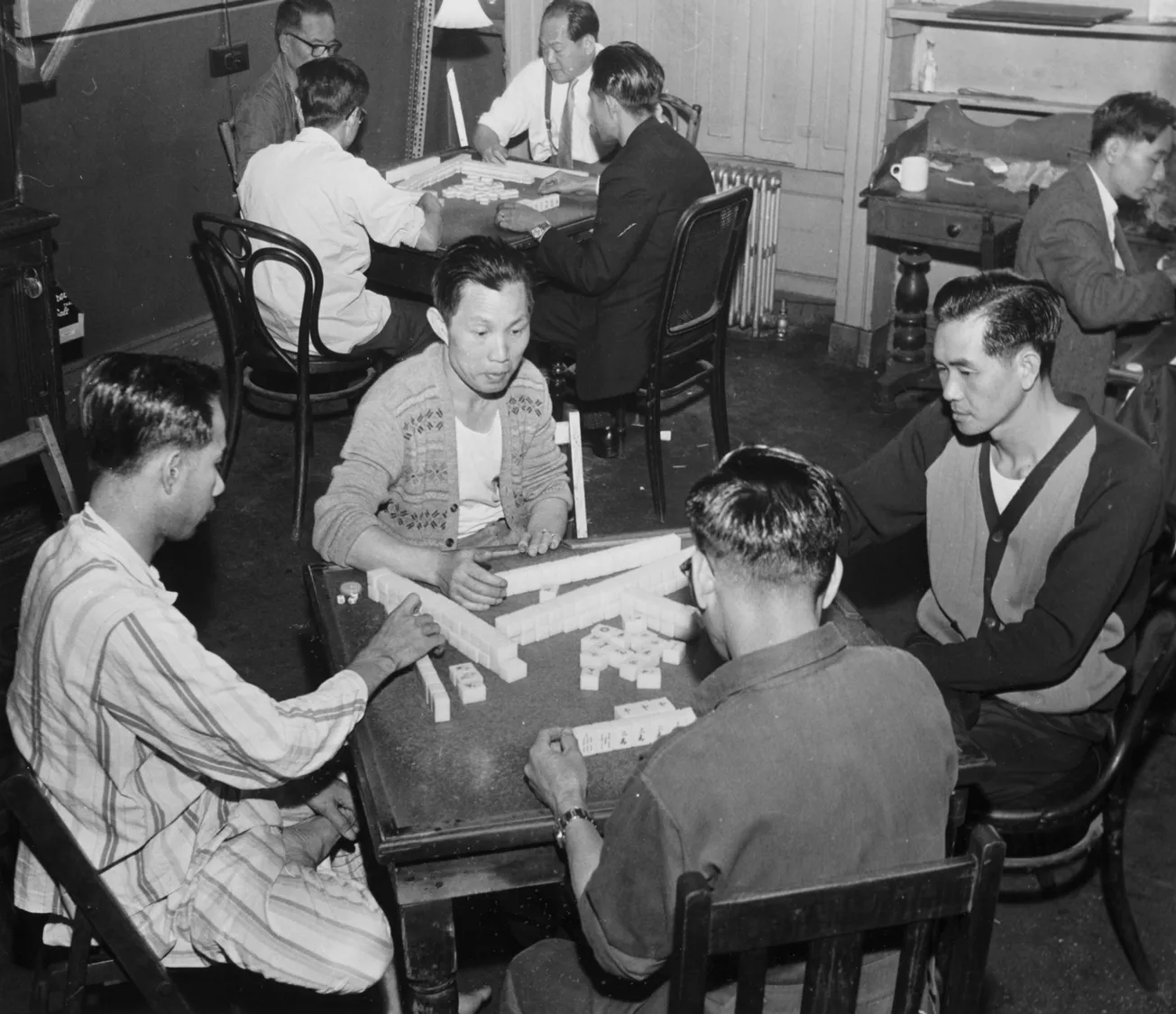
'They think we are stupid to be working that hard'
Walk down the main drag of Liverpool’s Chinatown, Nelson Street, on a Saturday evening and you will encounter one of the most serene spots in the city at that sociable hour. Coming off the traffic of Duke Street, it is almost eerily quiet. The pavement is lit by the windows and signs of the four open restaurants. A dozen others are shuttered. It wasn’t always like this. A few decades ago the area was “bustling” at this time, says Daniel Doctzan, a Chinese-Vietnamese businessman who grew up on the outskirts of Liverpool and spent youthful weekends hanging around on this street. Popping down to Chinatown for a meal was intimately linked with the city’s nightlife. A taxi rank at the top of this street used to throng with activity late on Saturday. It wasn’t Covid that turned the area’s fortune, though the lockdowns took their toll. Liverpool’s Chinatown, the oldest in Europe, has been lagging for a number of years. Doctzan thinks the place looks “hard to revive”.
Terry Lim agrees. From the long sun-catching front windows of his restaurant, Yuet Ben, diners catch a glorious view of Chinatown, looking through the red and gold of the ceremonial arch, down Nelson Street, bedecked with its Chinese architectural flourishes, and eventually rolling on to the docks where Chinese seamen first arrived in the city in the Victorian period. Since they opened the restaurant in 1968, Lim’s family have watched the changing fortunes of Chinatown through these windows. “It’s in decline,” he now laments, looking over my shoulder at that towering arch, a memory of more optimistic days. “It’s the quietest Chinatown in the country now. If you look at different Chinatowns all over the world, they’re buzzing.”
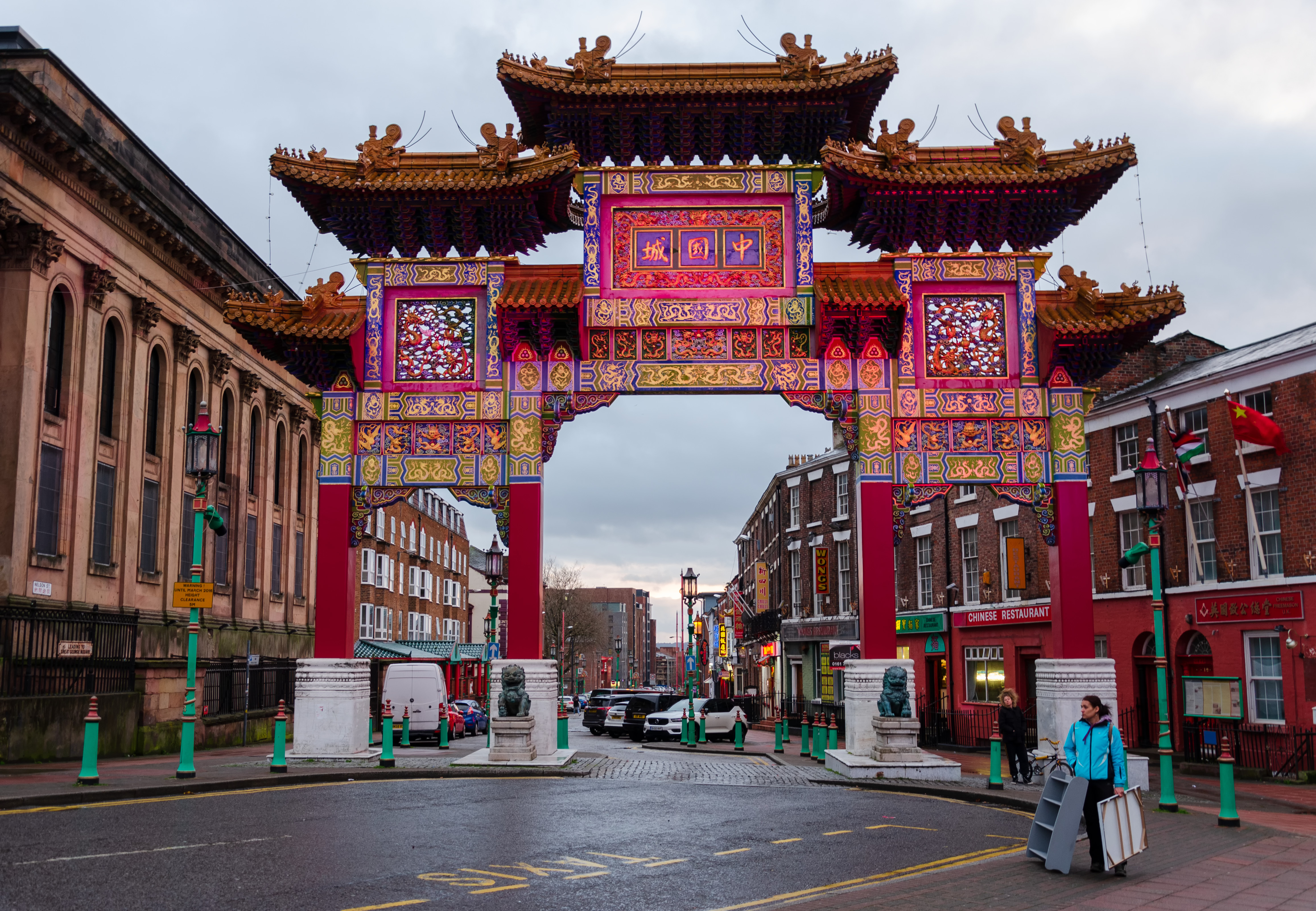
The arch was built for the new millennium, a cross-continent partnership between Liverpool, its seafaring sister city Shanghai, and the early European Union, which directed funds towards regenerating the area in the 1990s. Among a host of notable guests Lim remembers from over the years — Cliff Richard, Jamie Redknapp, Uri Geller (yes, he bent the spoons) — the visiting construction workers from China stand out. They took supper on these tables after their day’s labour on the arch. That was a time of excitement, when the arch seemed to foretell a prosperous future. Brian Wong, who played a major role in the renovations as chair of the Liverpool Chinese Business Association, remembers the fierce squabbles over where the arch would stand: “All the businessmen were arguing — I want it outside my restaurant!”
Today it is still grand, if in need of a paint job. As part of the arch project, the bollards, bins, street lamps and parking metres were remoulded with Chinese flourishes and painted red, yellow, green. Now the colours are faded and flaking, and the lamps flicker glumly at night. Lycoong Ho of the Chinese Freemasons tells me that he and his colleagues would put on their overalls and paint the street themselves. But there will be no renovation without official say-so from the city council. When will that be? As we inspect an obsolete parking metre on Nelson Street, deformed by tumours of rust, Brian Wong tells me he is doubtful: “We want to repair, but there’s no money, or allegedly there’s no money.”
It’s one bullet point in a list of complaints about the council that I hear in Chinatown. The Baltic Triangle, a booming enclave of pop-up stalls and bars, is just around the corner from here, but the road was blocked off years ago. This is literally a dead-end street. They want it opened up. Even if they can’t syphon some business from the Baltic, the Freemasons talk of plans for a Sunday market to liven up the street, but complain again of bureaucracy and fees.

The biggest bugbear of all is the collapse of the New Chinatown development, a long-talked up transformation of the wasteland that sits beside the area. At its inception back in 2015, the project was championed by Liverpool City Council and praised by the then-government as a great cog in the “Northern Powerhouse”. A mayoral delegation went to China to tout for investment. Mock-ups of extravagant apartment blocks and shops, and a £200m price tag, promised a revival. Some businesses were holding out, waiting for the adrenaline shot. But cracks started to show almost immediately. Work on the site quickly stalled before the development company filed for bankruptcy in 2018. A second developer took over, but it has just gone into administration. The council says it is waiting for that process to wrap up before it thinks about next steps. Local businesses have been left disappointed. And that previous relationship with China, of which the arch is such a potent symbol, has soured. Chinese investors reportedly plumbed millions into the project, with no return so far.
But nobody in Chinatown pretends the council alone can take the area back to its golden age. Chinatown, like all ethnic enclaves, began as a project of outsiders, and succeeded in spite of local people and authorities. People here, aware of their history, know that putting their future in the hands of the council is folly. Instead they are looking in the mirror, trying to figure out the root causes of this decline. The restaurants on Nelson Street are largely tired. “It feels like a time warp,” Doctzan says. “They’re very old school.”
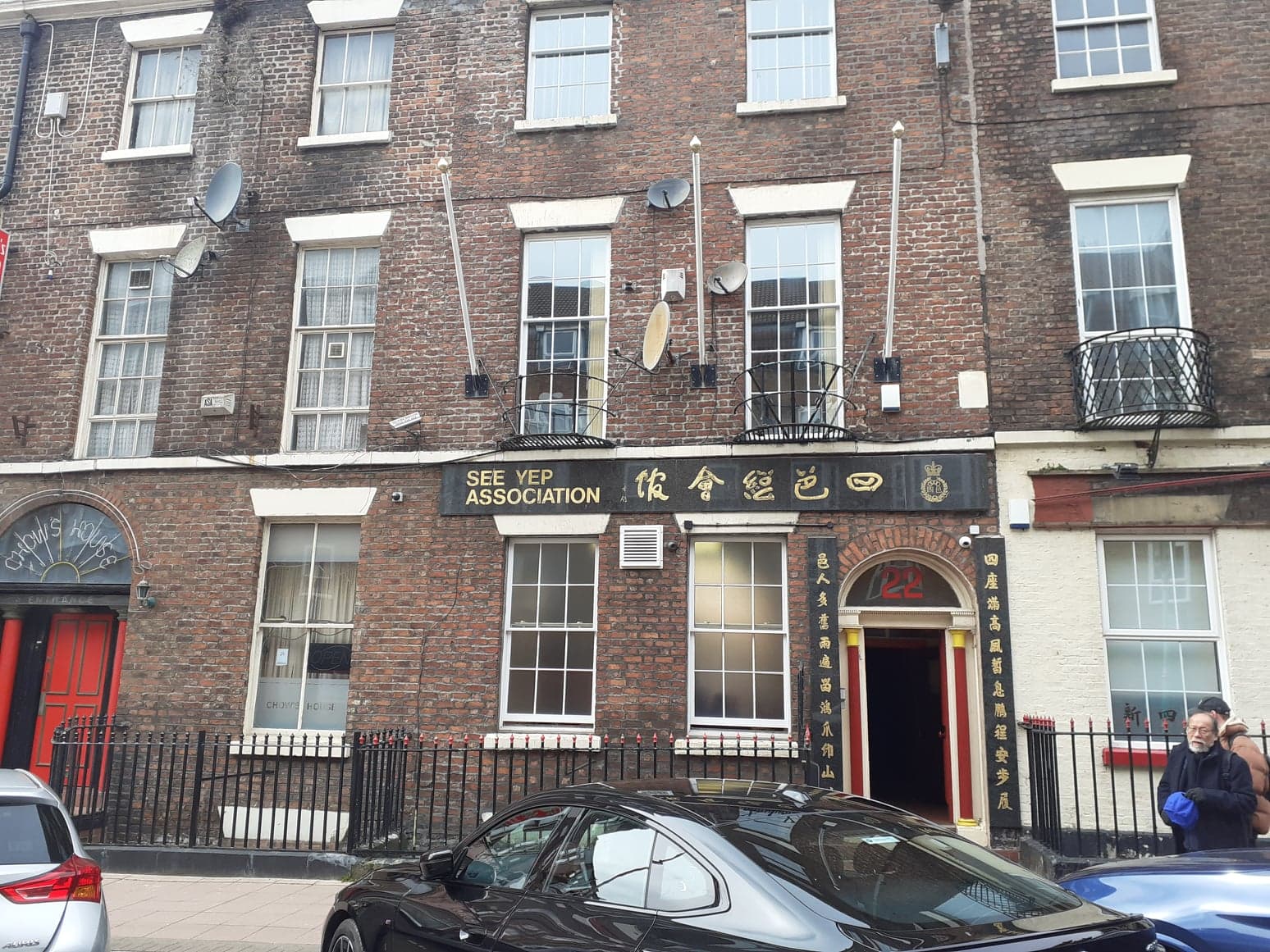
Two of the stalwarts, Wong’s and Ma Bo, sold up before Covid hit. Others that stuck around and weathered the lockdowns are technically still in business, but they aren’t often doing business. That’s because Chinatown is ageing. On the weekend its main hubbub emanates not from the restaurants but the community centres. At the See Yep Association on Sunday afternoon, a group of 15 older Chinese people meet up to play mahjong and drink tea. A few doors down at Hoi Yin, a smaller crowd is doing the same, chain-smoking as they go, watched over by a portrait of Sun Yat-Sen that hangs over the sink of the kitchenette. Even this is a relatively meagre turnout, brought on by virus-induced caution.
Younger generations have flown the nest. “Chinese parents are always really keen for the children to get a proper education because they know what hard work it is to do catering,” says Zi Lan Liao of Pagoda Arts, a local community organisation. “The younger generation, when they grow up, a lot of them go away — the majority of them do not want to stay in the catering business.” Children leaving home for university and not coming back happens all over Britain, but it presents an acute problem for a community built around long-running family businesses. Though council neglect has played its part, if demand has collapsed it’s got a lot to do with the ageing state of the area. Facades and interiors grow dated, and as one restaurant closes the others around it become less attractive.
At Yuet Ben, Lim has thought long and hard about the future of the business. “My son is a doctor, my daughter is a teacher. They have their own careers, their own professions.” The restaurant was founded by his father-in-law — a portrait of him in his chef whites still hangs on the back wall of the restaurant — but it is unclear who the next generation will be. “Me and my wife do not expect our children to carry on the business. My generation don’t expect it.”
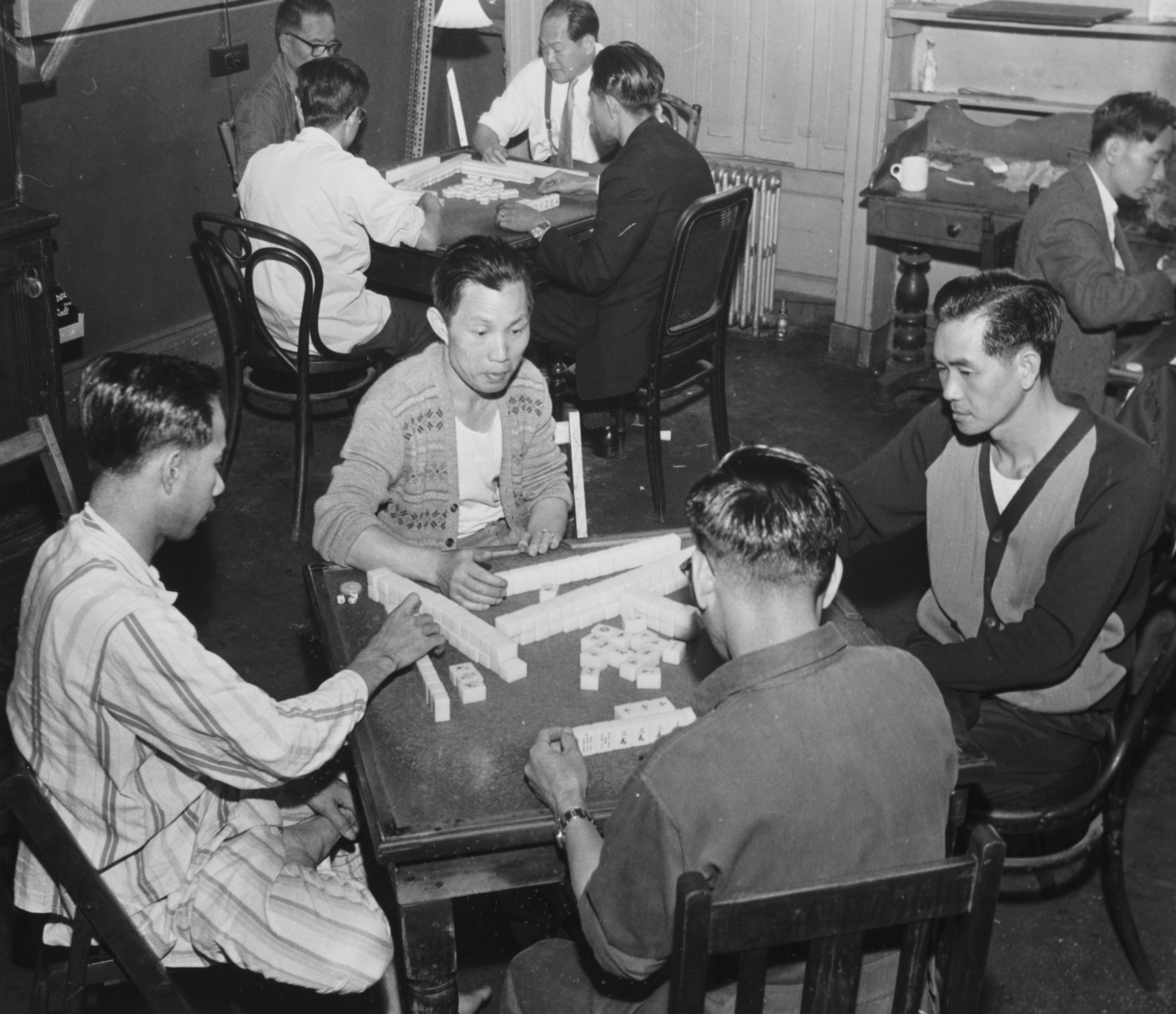
Next door, the Hondo Chinese supermarket has just been sold by its owner Simon Wong. It has been bought by a housing developer. They plan to bulldoze the building soon and turn the site into student accommodation. “I’ve run the business for 40 years,” he says. “You’re not talking about five eight-hour days, you’re talking about seven days a week, 12-hour days, it’s very hard work.” This isn’t an exciting prospect for lots of younger Liverpool Chinese. “They see us and think we are stupid to be working that hard. They’d rather do a professional job nine-to-five, five days a week and it’s difficult for them to find those jobs here. Most of them move down to London.”
British-born Chinese are more likely to get a university degree than white Britons and end up earning up to 30% more than them. Social mobility has definitely worked its magic in this community, but the results are bittersweet. Success is balanced by an uncertain future for the area. At the root, it isn’t the fate of individual businesses that people worry about, but the wider legacy of Chinatown. In pessimistic moments Brian Wong thinks that in years to come the arch will be all that is left of this community, a strange emblem of something forgotten. He worries future generations of Liverpool Chinese will be analogous to the butterfly of an old Chinese proverb: “Can you talk to a butterfly about the snow?” he asks. “No, because it has never seen it.”
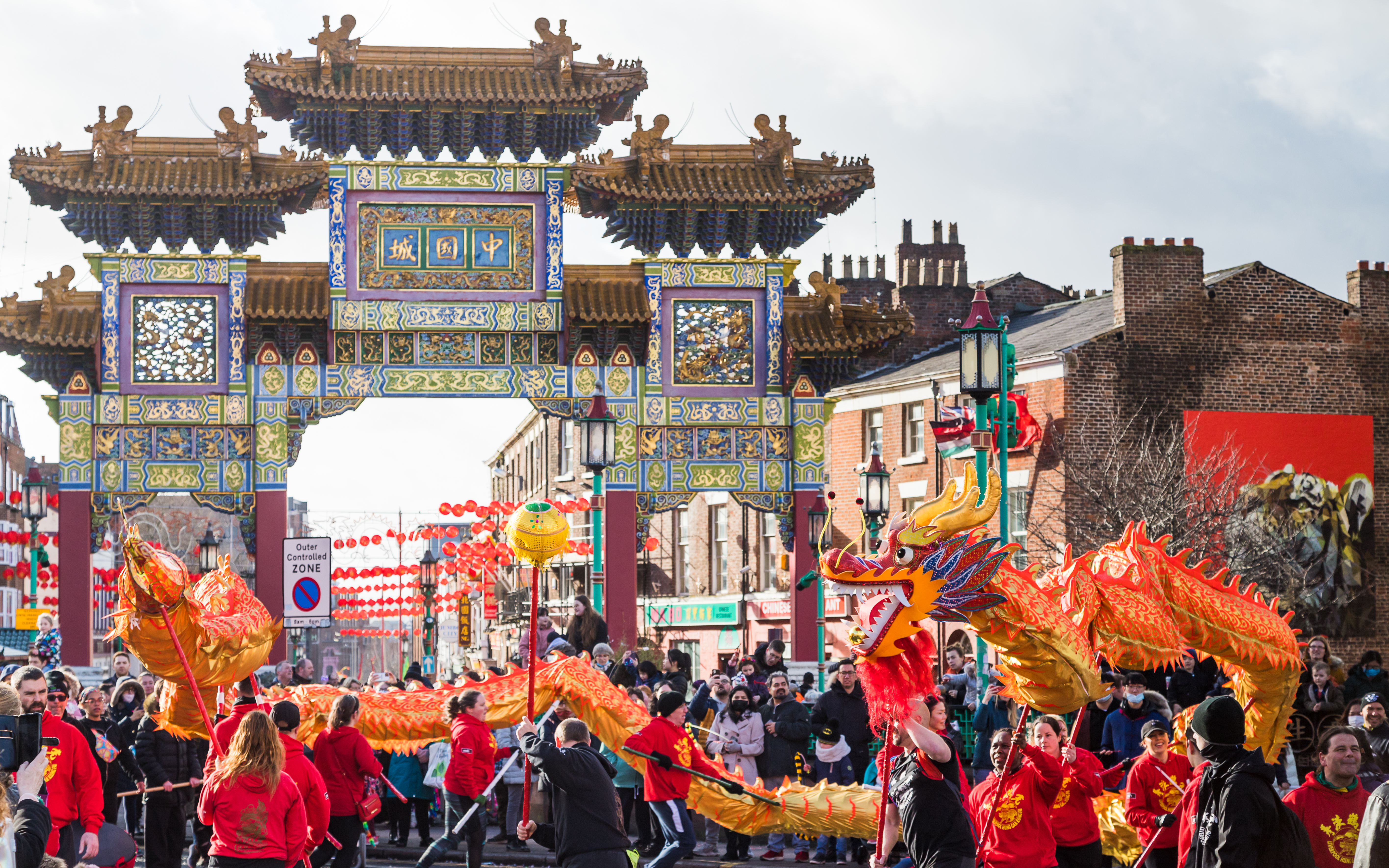
The same process is at work in the Chinatowns of Manchester and London, yet they have managed to sustain themselves, and though less well-established, have eclipsed Liverpool in recent years. Alongside advantageous town planning and more attentive council work (Manchester’s Chinese arch was renovated in 2013), those cities really give the appearance of prosperity compared to Liverpool because of the ruthless competition caused by the pressure of high inner city rents. If businesses fail in the centres of Manchester and London, they do so in the blink of an eye. The empty shop-fronts don’t linger like they do on Nelson Street. And when old family businesses survive, it is often as a brand rather than a mum-and-dad run kitchen — local catering workers are the ones turning out traditional recipes. This means businesses in these cities can take advantage of the large population of students from China, often rich, who are fond of their national cuisine but put off by tattiness and dilapidation. In Liverpool, they stay away. There is a rare example of this adaptation in Liverpool: Maggie Fu. The restaurant started as a family-run joint on the Smithdown Road but has now expanded into an Asian street food brand, with a swanky branch in Liverpool ONE staffed by jobbing cooks. But some in Chinatown question whether the soul of family businesses and the heritage of the area can survive in that kind of environment.
There are glimmers of hope. Though many of the young have moved away, they have not all lost interest in their heritage. Rebecca Jeffree now lives and works in London but during the lockdown she started to take an interest in her grandfather, who settled in Liverpool from Hong Kong in the 1940s. This has bloomed into a photography project — now she frequently travels to Liverpool to walk the same streets as her ancestor, documenting their changing aspect with her camera. “I didn’t grow up in a strongly Chinese culture so for me, going there is a way of trying to connect with that and learn about this culture that I didn’t have a full experience of when I was younger. I suspect there’s others who have that interest in returning to spend time there and to reflect, others that are in a similar place to me.”
Doctzan wants “to bring back some kind of glory” with a cultural centre or heritage museum. This project is in its very early stages, but he is optimistic about drawing on Chinatown’s “bags and bags of history”. Such a transformation, from a row of restaurants to a cultural reliquary, isn’t so unlikely. Chinatown has drastically changed itself before. One hundred years ago, these streets were filled with laundries. When that trade declined, the restaurants replaced them. What comes next is an open question, but if the oldest Chinatown in Europe is to survive, something must.

Comments
Latest
Does Liverpool have a ketamine problem?
The other Liverpool
The end of the PCC: Who will scrutinise Merseyside Police from now on?
Get ready: the Aloft trials are coming
Chinatown is quietly dying. What happened?
'They think we are stupid to be working that hard'